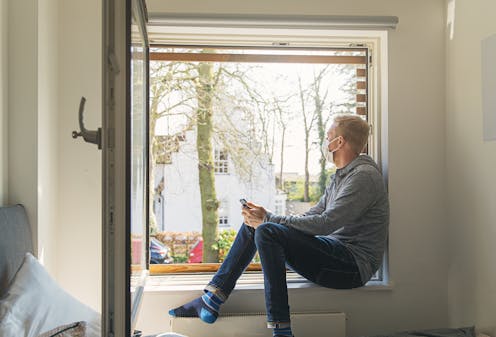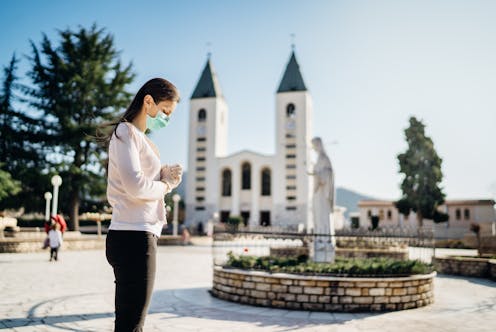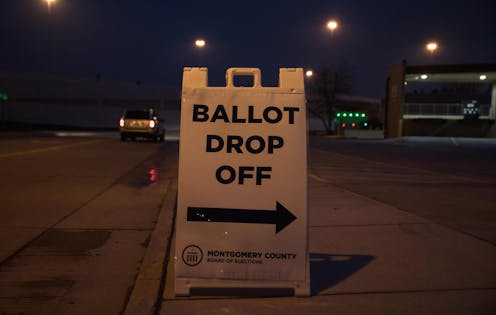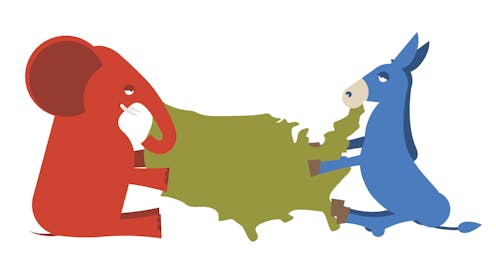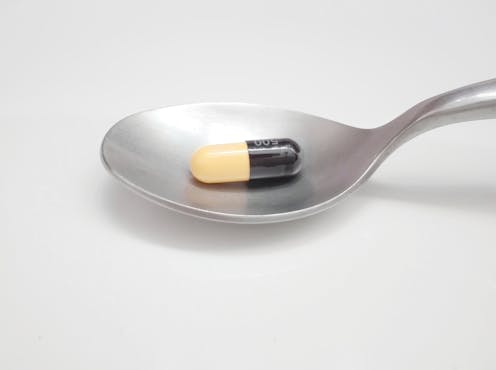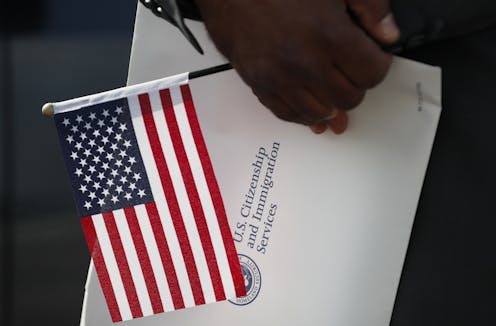Insect apocalypse? Not so fast, at least in North America
- Written by Matthew D. Moran, Professor of Biology, Hendrix College
 The Texas frosted elfin (_Callophrys irus hadros_), a small butterfly subspecies found only in Arkansas, Texas, Oklahoma and Louisiana, has lost most of its prairie habitat and is thought to have dramatically declined over the last century.
Matthew D. Moran, CC BY-ND
The Texas frosted elfin (_Callophrys irus hadros_), a small butterfly subspecies found only in Arkansas, Texas, Oklahoma and Louisiana, has lost most of its prairie habitat and is thought to have dramatically declined over the last century.
Matthew D. Moran, CC BY-NDIn recent years, the notion of an insect apocalypse has become a hot topic in...
Read more: Insect apocalypse? Not so fast, at least in North America


